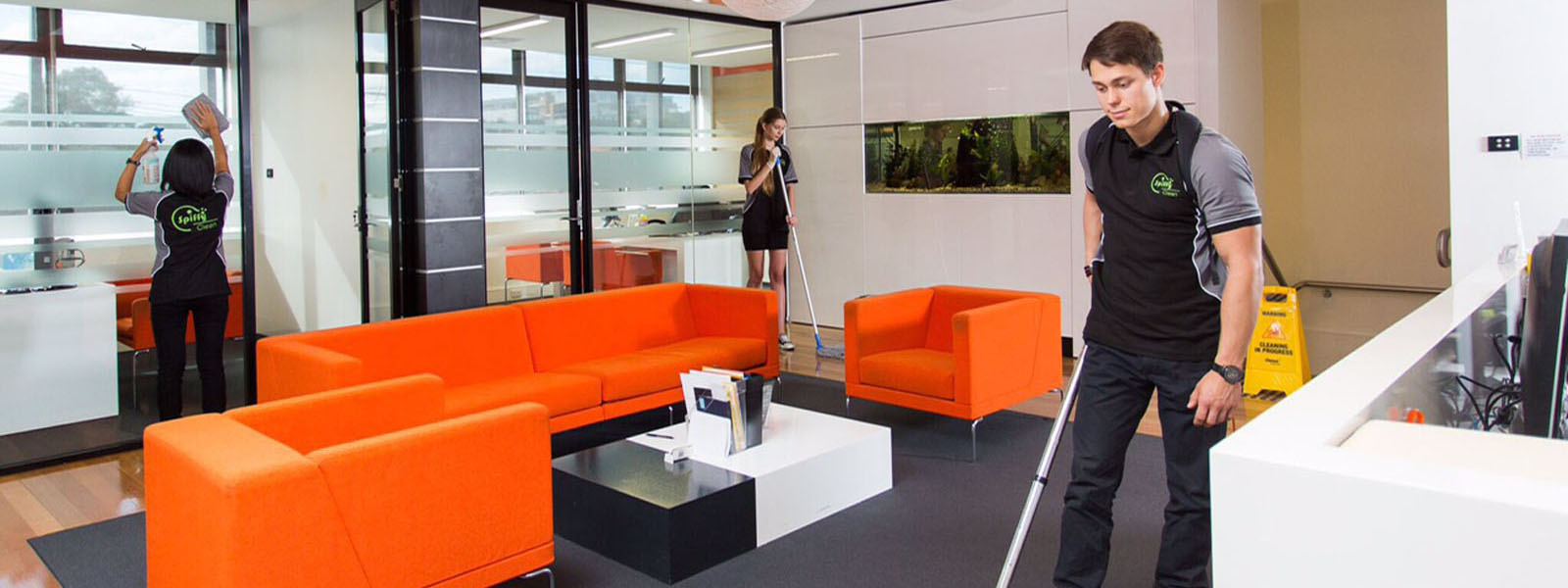Lawn Care With Artificial Turf
Artificial turf is basically a field of synthetic fibres designed to resemble natural grass. It’s most commonly used in public venues for sports which are typically or originally played on natural grass or grasses that grow in the environment. But these days, it’s being increasingly used on private residential lawns, golf courses and even commercial landscaping applications. And thanks to the ever-growing demand, prices have fallen enough to make them a cost-effective option. But is artificial grass right for your lawn?

The fact that artificial grass costs less than real grass might seem very appealing, but the real problem is that its realistic nature means that it can’t really replicate the look and feel of a real natural lawn. That’s because unlike grass, which grows in varying conditions all across the globe, synthetic grass requires the same growing conditions – lots of sun, good water and good drainage – just like any other type of lawn. Moreover, synthetic grass isn’t a living organism and therefore won’t change in its composition once it has been installed. As a result, you can be sure that installing it will leave your lawn looking exactly the same as it did before it was installed.
Another big issue that synthetic grass supporters and opponents both raise are the impression of safety. There’s no doubt about the fact that synthetic grass offers a safer alternative to natural grass, but there are other factors to take into consideration as well. First, many people assume that installation of synthetic grass is very expensive. In fact, depending on the type of material used, installation can range from being relatively cheap (polyethylene) to being very expensive (a custom green blade). Furthermore, while polyethylene is high quality and long-lasting, it is also more susceptible to damage from extreme temperatures.
If you install synthetic grass over a concrete sloped driveway, for instance, the soil can melt due to excessive hot or cold weather, causing water to seep through and accumulating beneath the thatch layer. This can cause holes to appear in the driveway, with the holes widen as time goes by as water continuously collects below the thatch layer. This can damage the driveway and create uneven driveways. Finally, polyethylene may not provide a sufficient thickness to prevent oil and gasoline from leaking underneath the turf and leaking onto the concrete, sloped driveway.
The argument brought up against the use of synthetic grass centers around the danger of allergic reactions. One of the primary ingredients of synthetic grass, the ‘matrix’ or ‘gravel’, contains chemicals that mimic natural fibers such as wool. Synthetic fibers are generally , unlike natural fibers, which are naturally occurring. In fact, even the sand used in some artificial turf settings is generally composed of synthetic materials, as well as adhesives and water resistant clays.
Other problems linked to the use of synthetic grass include breakage of the grass clippings. Breakage can be caused by poor installation techniques, such as cutting the grass too short when it is still very young. Additionally, turf can be cut too deep, exposing the roots underneath to freezing temperatures, which can cause them to harden and eventually fall apart. Since these underlying root systems are the source of the turf’s strength, losing them can severely hinder performance.
The last major issue is the durability of the artificial turf once installed. While many quality brands have been built to last, over time certain materials will begin to show signs of wear and tear. These common problems include iron oxide build-up from salt usage, moisture absorption from excessive water or freezing temperatures, and the breakdown of plastic resell material. If a homeowner has invested in premium artificial grass, it is important that these issues are addressed before installation begins.
A high quality artificial turf installation should have properly laid drainage fibers that are made of high density polyethylene. This is the same material used for swimming pools and can provide the home owner with an aesthetically pleasing surface that will outlast most surfaces offered on the market today. Home owners should inquire with their provider about the possibility of utilizing third generation synthetic grass technology that is engineered to resist adverse weather conditions while providing the necessary drainage for optimal durability. With proper installation techniques, high quality artificial turf can stand up to even the most ardent gardener, helping to make lawn care a breeze.
Looking for artificial grass?. Get in touch with us for our quality services.
Are you looking for landscaping Melbourne? that take the time to listen to your needs and concerns, get in touch with us for landscaping Wyndham Vale.



